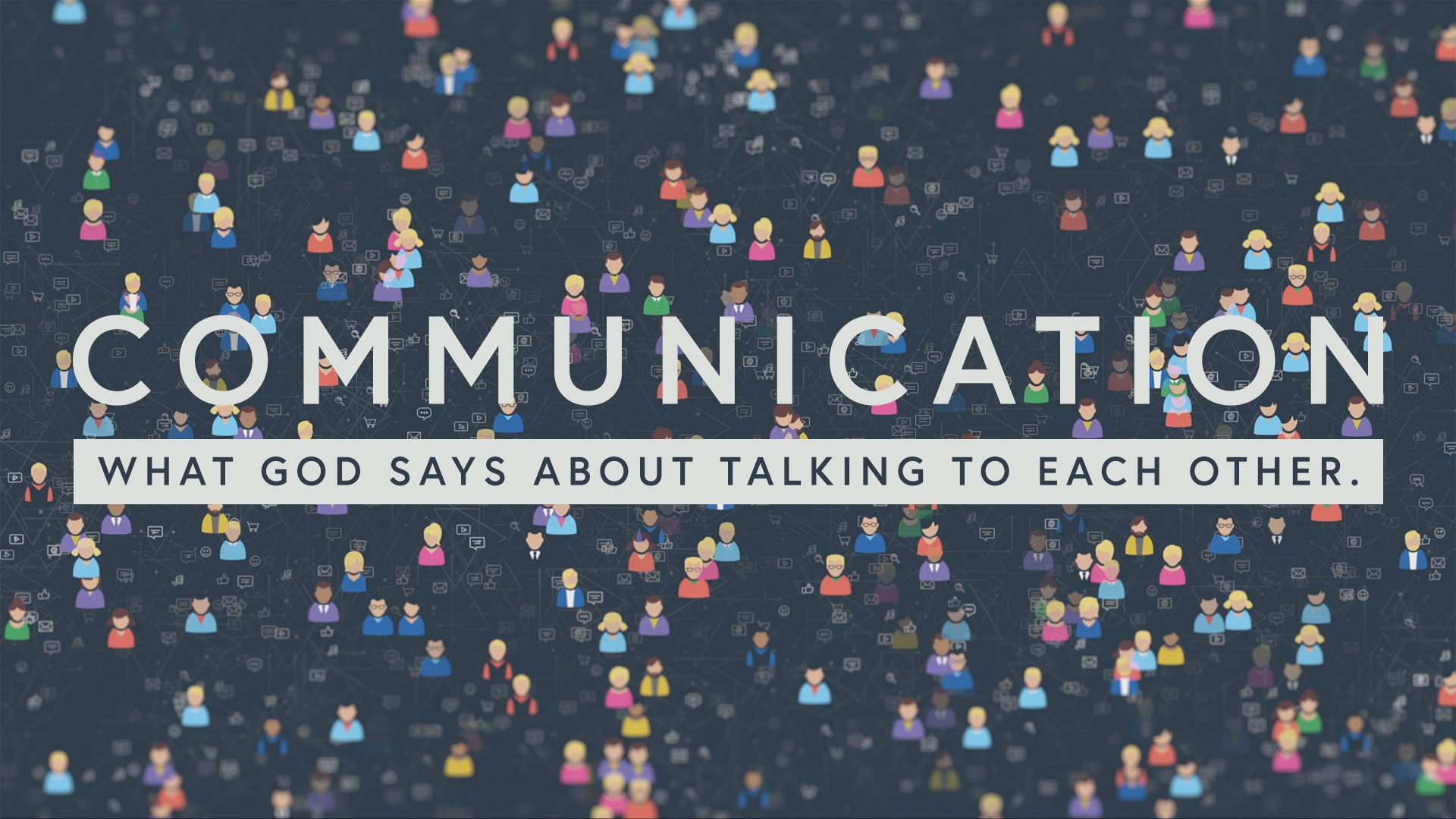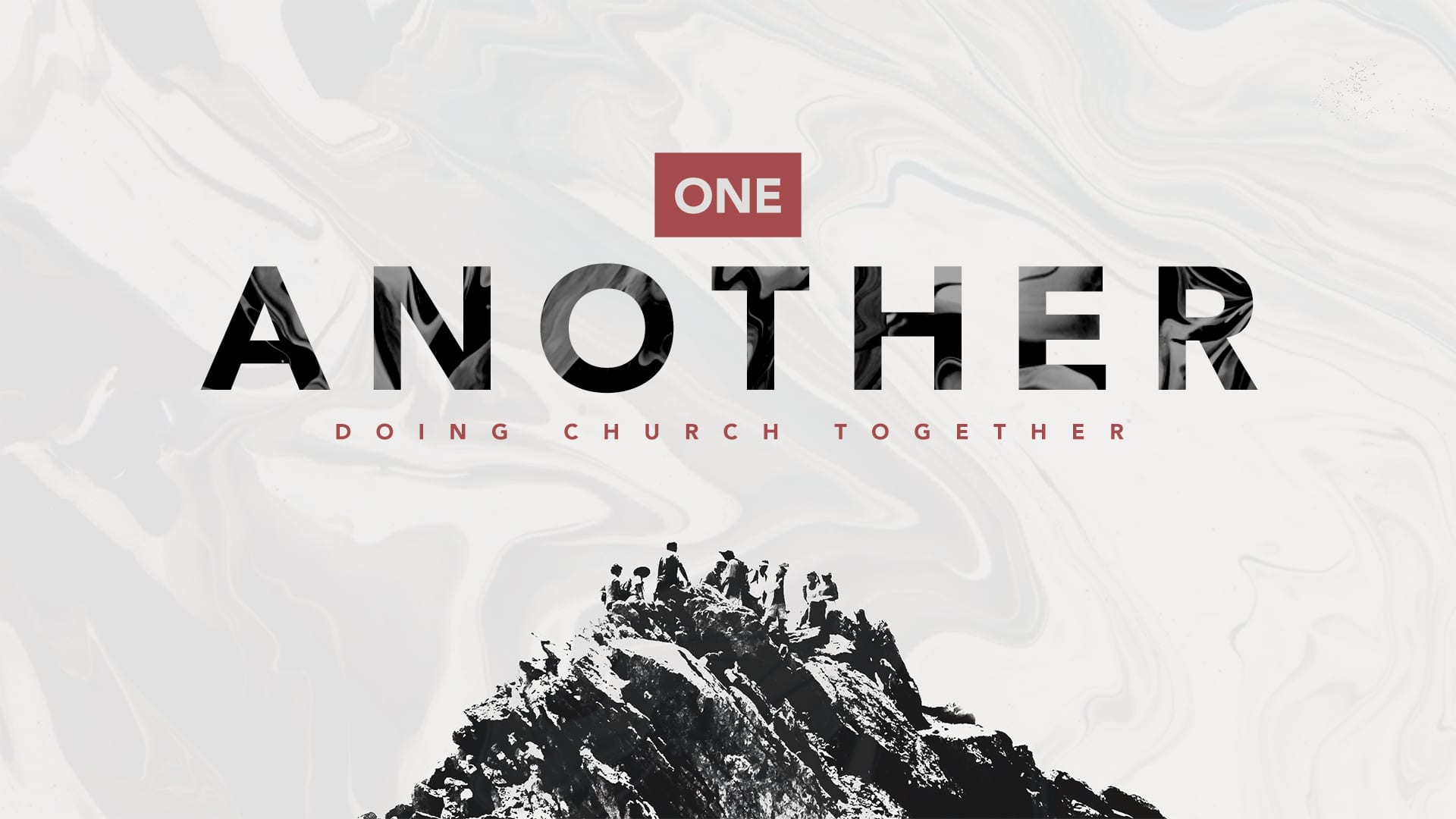We preach in hopes that you will learn and live more fully for the glory of God.
WATCH/LISTEN LIVE
VISIT SUNDAY

The key question a church asks determines the direction they go. Too many churches are asking the wrong question: What have we always done? What are the cool churches doing? What will make us grow? The right question is very different; it is much more glorious. This sermon offers the key question every church should ask and gives insight into how Creekside is answering it.

We communicate more frequently, in more ways, and with more people than ever before. The quantity of our communication is greater than any time in history, but the quality of our communication is not. This is a series of sermons on what God says about communication.

Please note that this sermon was preached on VBS Sunday; it is vastly different from a normal Sunday sermon at our church.Why did men who knew Jesus think it was important to write down certain events from his life? Why did thousands of people after them, over hundreds of years, painstakingly make thousands of copies of those writings? Why are those writings the most widely printed (and read) books in existence? In John 20:30-31 we find an answer to these questions.audio MORE SERMONSPlease Share

The secret to an incredible church doesn’t lie in better programs, more expensive technology, or perfectly adapting the newest church model. Instead, it lies in the people in a church doing what God has called them to do. 100 times the New Testament uses the phrase “one another” to describe how people in a church should act and interact. In these “one another” statements we begin to see what we can do to make our churches better. This series of sermons is on six of those statements and how we can live them out today.

Every day we face tremendous amounts of pressure. There are a lot of sources—work, school, marriage, kids, health, appearance, money, house, time, and even the thought of death. Too often the pressure causes us to live lives that are less than beautiful. Plus, the pressure can lead to constant worry, stress, and anxiety. This series of sermons explains what the Bible says about living gracefully under pressure.

The notion that Jesus rose from the dead should give us pause. If he died and came back to life, there must be incredible implications. When we consider Jesus’ resurrection we should respond like those who first saw it—they were afraid yet filled with joy.

How we answer certain questions will determine the direction of our lives. Who am I? What is my purpose? What happens when I die? But perhaps most life affecting is how you answer a single question about Jesus: Who is this?

The Gospels contain lots of stories about people meeting Jesus. The recounting of these experiences show that something about Jesus’ elicited a strong reaction. People didn’t always respond to Jesus positively, but they almost always responded passionately. This series of sermons examines stories of people who had encounters with Jesus and how it changed them.

Lust is a desire for something forbidden that dishonors God and disregards object. Like several of the seven deadly sins, it can seem harmless. This series of sermons is about why it is so dangerous and how we can stop doing it.

Bread, milk, and meat are basic elements of the human diet. The authors of Scripture use these foods to describe the importance of ingesting God’s Word. Without the Bible a spiritual life will shrivel into an unhealthy skeleton of what it could be. But when it is read, its spiritual nourishment energizes, strengthens, and grows the reader. Many think they should read the Bible more; this series of sermons, on the Bible as spiritual food, offers people reasons they should want to.
